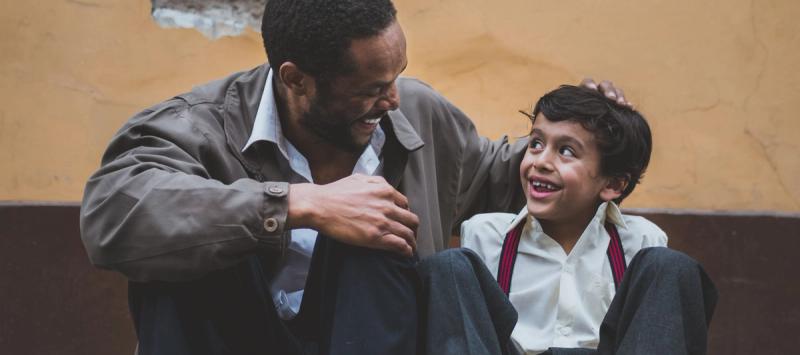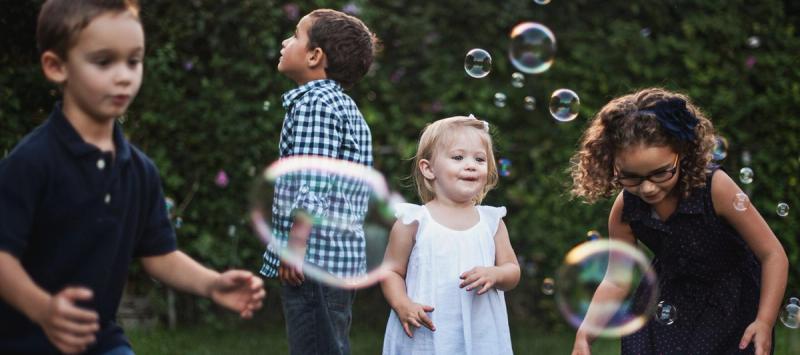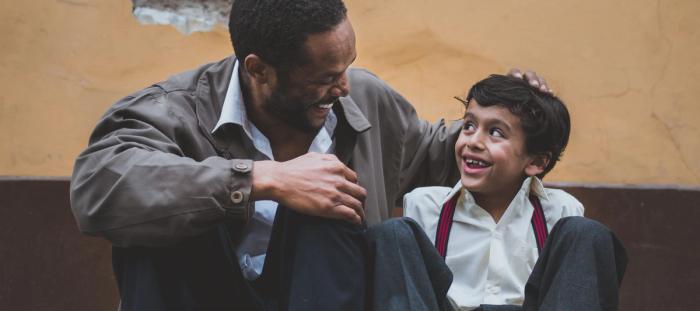
I have no greater joy than this, to hear of my children walking in the truth. (3 John 1:4)
The writers of the epistles often referred to believers as children. It’s an important comparison and one that we shouldn’t brush aside simply as an endearment. The apostle Paul draws these comparisons multiple times in his first letter to the Corinthians, first describing spiritual immaturity as infancy (1 Cor. 3:2) and later building on that illustration by explaining that children don’t know or understand fully the things of God (1 Cor. 13:11–12).
John says that believers are literally children of God: “Yet to all who did receive him, to those who believed in his name, he gave the right to become children of God—children born not of natural descent, nor of human decision or a husband’s will, but born of God” (John 1:12–13).
Children are helpless. The apostles’ comparisons, then, ought to invoke in us a deep sense of humility as we contemplate our own helplessness, and our own lack of knowledge and understanding. And yet, in that helplessness, we’re not left alone.
Jesus himself instructed his disciples to bring the little children to him––an event documented in three of the four Gospels (Matt. 18:2–6, Mark 10:13–16, Luke 9:46–48). The children don’t come on their own but are brought to Christ (Mark 10:13). He gathers them up himself––“And he took the children in his arms, placed his hands on them and blessed them” (Mark 10:16).
We see this imagery in baptism as parents carry their children to receive God’s covenant blessings. So we, also, cannot come to Christ on our own. We’re helpless, dead in our sins (Col. 2:13–14), far from God (Eph. 2:12–13), and unable to come to him of our own will (John 6:44). We must be brought to Christ, and it’s Christ himself who brings us: “But now in Christ Jesus you who once were far away have been brought near by the blood of Christ” (Eph. 2:13).
Like children, we’re helpless. But our Father sees fit to draw us near to himself, bless us, and call us his own.











